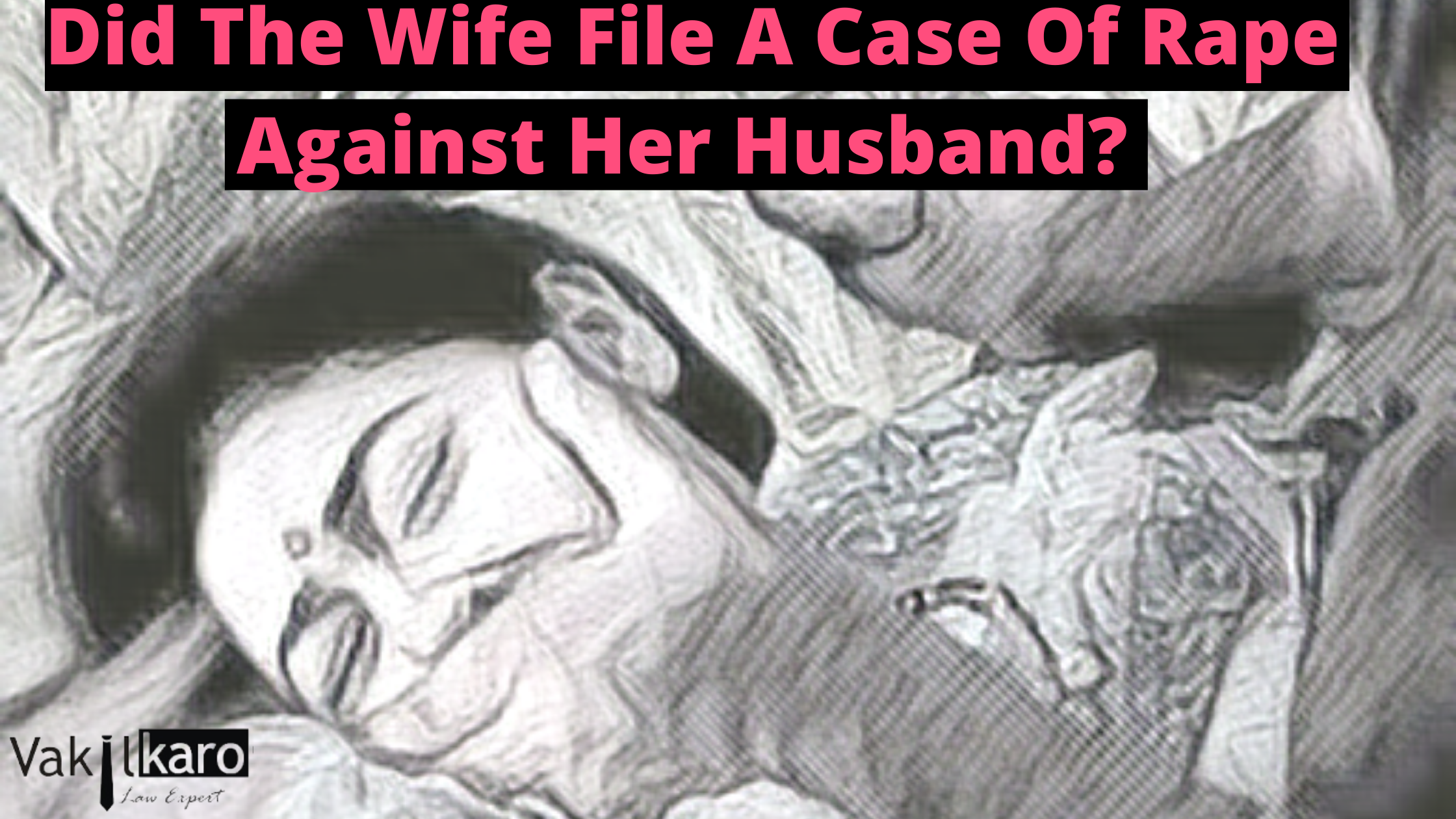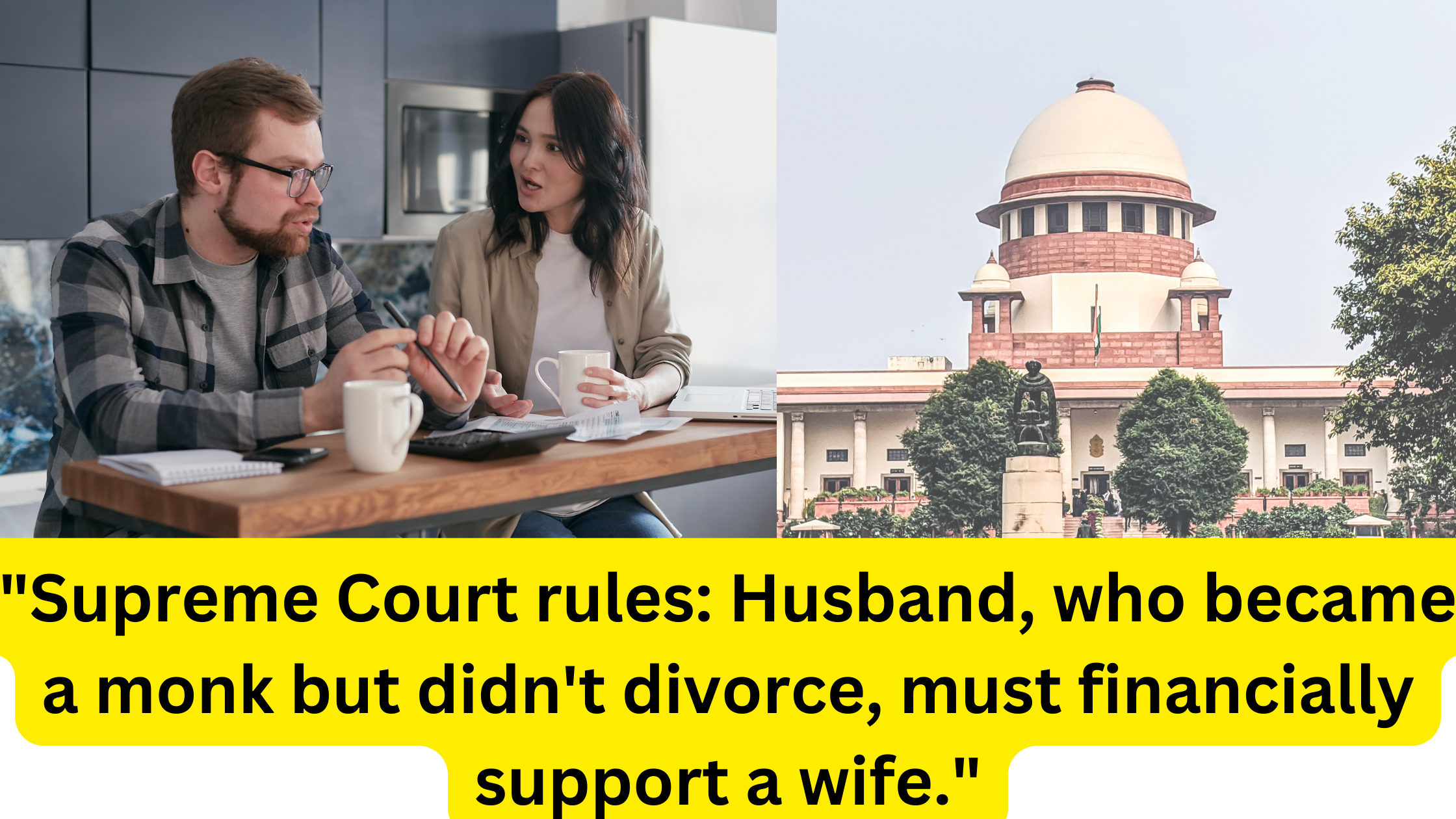Types of Divorce in Hindu Marriage Act 1955
Where marriage is the union of two persons, whereas divorce is a separation between the two persons, Hindu marriage in India is a religious and legal process that comes under the Hindu Marriage Act of 1955. At times, mutual estrangement, ideological differences, and daily quarrels increase so much that the matter reaches a divorce. In a relationship, if the husband and wife are not happy with each other and want to separate, then there is a provision for divorce in the law. Divorces don't need to be taken every time because of quarrels. Sometimes divorce, career, different lifestyles, and lack of mutual coordination between the two can also be the reason. In such cases, divorce is taken by mutual consent.
In this blog, you will know how divorce happens and the terms and conditions for getting a divorce.
Apart from marriage, a provision for divorce has also been made in the Hindu Marriage Act. Until 1976, there was no provision for divorce by mutual consent, but an amendment was made in 1976 after it was considered necessary. In this act, by adding of section 13B, the provision of divorce by consent was made. Section 13B mentions the essential condition for divorce by mutual consent. The condition is that when both partners find it impossible to live together, they can live separately for a year or more and then apply for divorce.
Under the Hindu Marriage Act 1955, divorce can be taken in two ways:
1. Rules for Divorce by Mutual Consent:
Before the time of the British in our country of India, Hindu marriage was a religious sacrament. In which there was no provision for separation and divorce. Because according to the Hindu religion, marriage is considered a relationship of seven births. But considering modern India, the condition of divorce was later added to the Hindu Marriage Act of 1955. According to this Marriage Act, a person belonging to the Hindu religion can have only one husband if a person wants to remarry. So, he has to get divorced from his first wife.
Divorce by mutual consent has some terms and conditions:
- Husband and wife have not lived together for a year or more.
- If husband and wife do not want to live with each other without their consent, then divorce can be taken.
- The divorce petition has been filed only after the marriage of husband and wife is more than one year.
- After filing the first divorce petition, six months’ time is given, during which any petition between the wife and husband can be withdrawn if they want.
- According to the new rule, now the application can be given to reduce the time of 6 months. The court will examine all aspects, and the time limit can be reduced if it deems appropriate.
- The second petition must be filed within 18 months of the first. The court does not pass an order of divorce if the second resolution is not brought within 18 months. If it is more than 18 months, the first petition must be filed again. If one of the parties withdraws the application during the second petition, he may be fined.
- A party can withdraw its consent before the divorce order is passed. In such a case, if there is no complete settlement between the husband and wife or the court is not completely satisfied, then the order of divorce does not pass.
- After examining the mutual consent of both parties on every point, the divorce order is given in the final stage only if the court finds it fit.
Know the legal process of mutual consent through a case:
A couple reached Bhopal court for divorce, who had done love marriage only six months ago. In such a short time, both of them did not like each other's habits, so they reached for divorce. The woman said the husband left the job on the third marriage day. He keeps her imprisoned in the house. At the same time, the husband said that the wife does not know how to cook. His aspirations are such that he can't fulfill them; he needs a servant, a car, and a bungalow. She taunts him for being poor all the time. The quarrel escalated so much that he reached the family court and filed for divorce. According to the rules of the Family Court, only the husband and wife who have been living separately for one year after the marriage can file a case of divorce by mutual consent in the court. In such cases, the Family Court's Family Counseling Center counselors try to reunite the family by counseling. On presenting a case of divorce with consent on behalf of the husband and wife, he has to be present in court. After this, due to the legal provisions, a date is given after six months. After six months, once again, both of them come to the court and put their side in front of the judge and say that they do not want to live together anymore, then the court gives a divorce decree.
2. Rules of Contested Divorce:
In India, under the Hindu Marriage Act 1955, section 13 gives some reasons for divorce. If a person wants to get a divorce in such a situation, then he takes a divorce. The grounds for divorce are:
- Adultery: If either of the husband and wife is cheating on their partner and is having a physical relationship with any other third person, in such a situation, the other party can get a divorce based on adultery, but for this, you have to prove adultery in court.
- Violence: Both men and women are victims of physical and mental violence. In such a case, divorce can be taken on this ground also. In this situation, you must prove in court that violence has happened to you.
- Conversion of religion: If both husband and wife belonged to different religions before marriage, and both have accepted each other's religion at the time of marriage. But after marriage, any one of the wife and husband forces a change of religion. In such a situation, both the wife and the husband can take a Contested divorce.
- Sannyas: If any husband and wife retire, leaving the marriage life, the court can give a Contested divorce to the other party.
- Missing: One-sided divorce can be taken in case the husband or wife has been missing for seven years and has not returned.
- Impotence: Impotence is also considered one of the reasons divorces can be taken Contestedly.
Contested divorce has specific terms and conditions:
- Husband and wife should not live with each other for a year or more.
- Divorce can be taken even if the husband and wife cannot live with each other.
- When both husband and wife mutually agree that the marriage is utterly broken, the marriage should be dissolved.
These are all grounds in which husband and wife want to take divorce with mutual consent or Contestedly, then they can take it based on these terms and conditions.
We hope you liked our written blogs. You can also read blogs on other legal topics available on our website. You can view our services by visiting our website. If you want any Civil or Criminal guidance or help of any Lawyer regarding the matter, You may reach us via mail at help@vakilkaro.co.in or call us at +91 9828123489 to resolve any legal problem.
VakilKaro is a Best Legal Services Providers Company, which provides Civil, Criminal & Corporate Laws Services and Registration Services like Private Limited Company Registration, LLP Registration, Nidhi Company Registration, Microfinance Company Registration, Section 8 Company Registration, NBFC Registration, Trademark Registration, 80G & 12A Registration, Niti Aayog Registration, FSSAI Registration, and other related Legal Services.

 +91 9828123489
+91 9828123489 +91 9828123489
+91 9828123489 help@vakilkaro.co.in
help@vakilkaro.co.in








.png)






.jpg)
.jpg)
.png)


.png)
.jpg)
 +91 9828123489
+91 9828123489 help@vakilkaro.co.in
help@vakilkaro.co.in